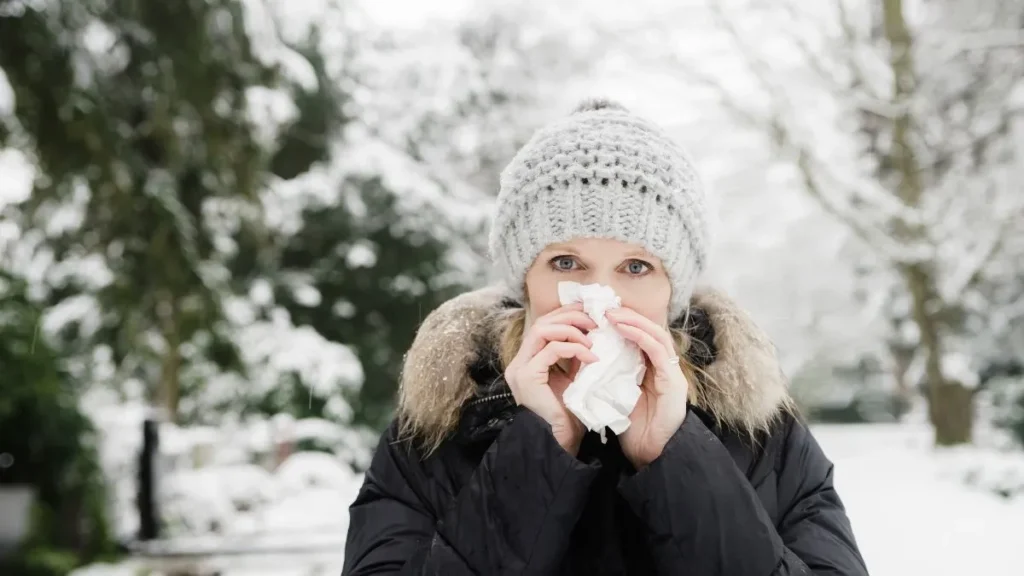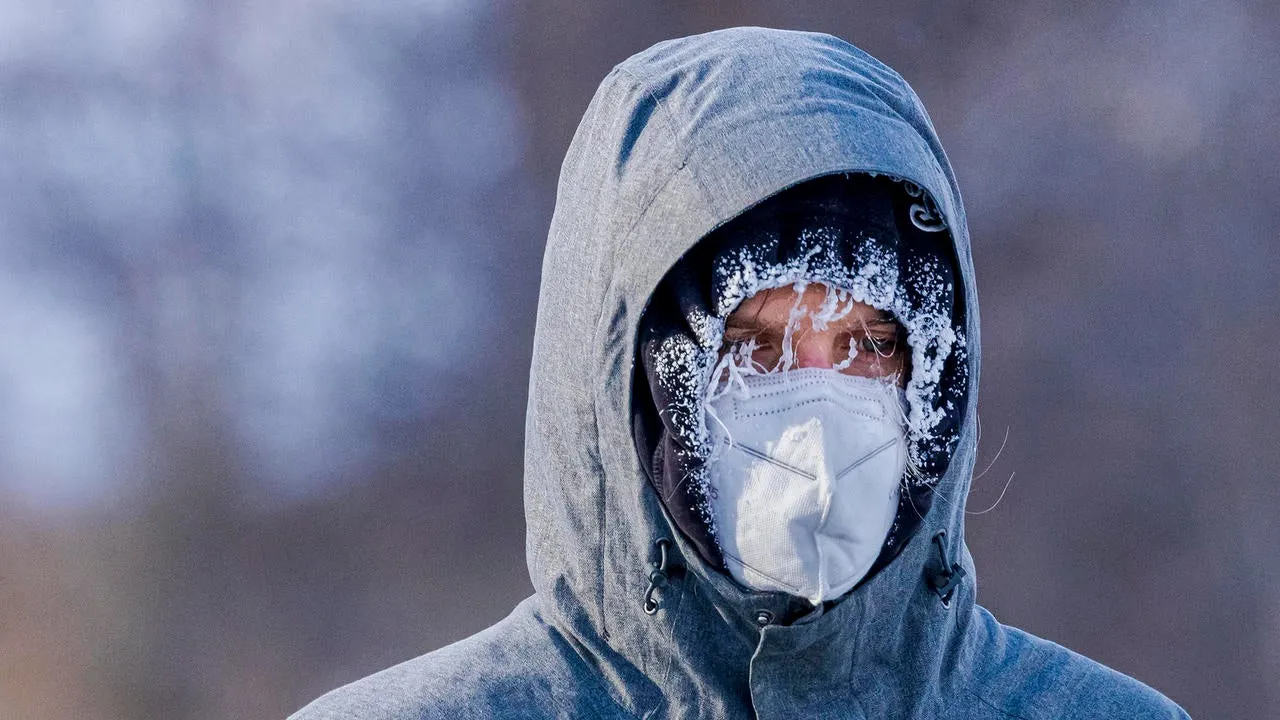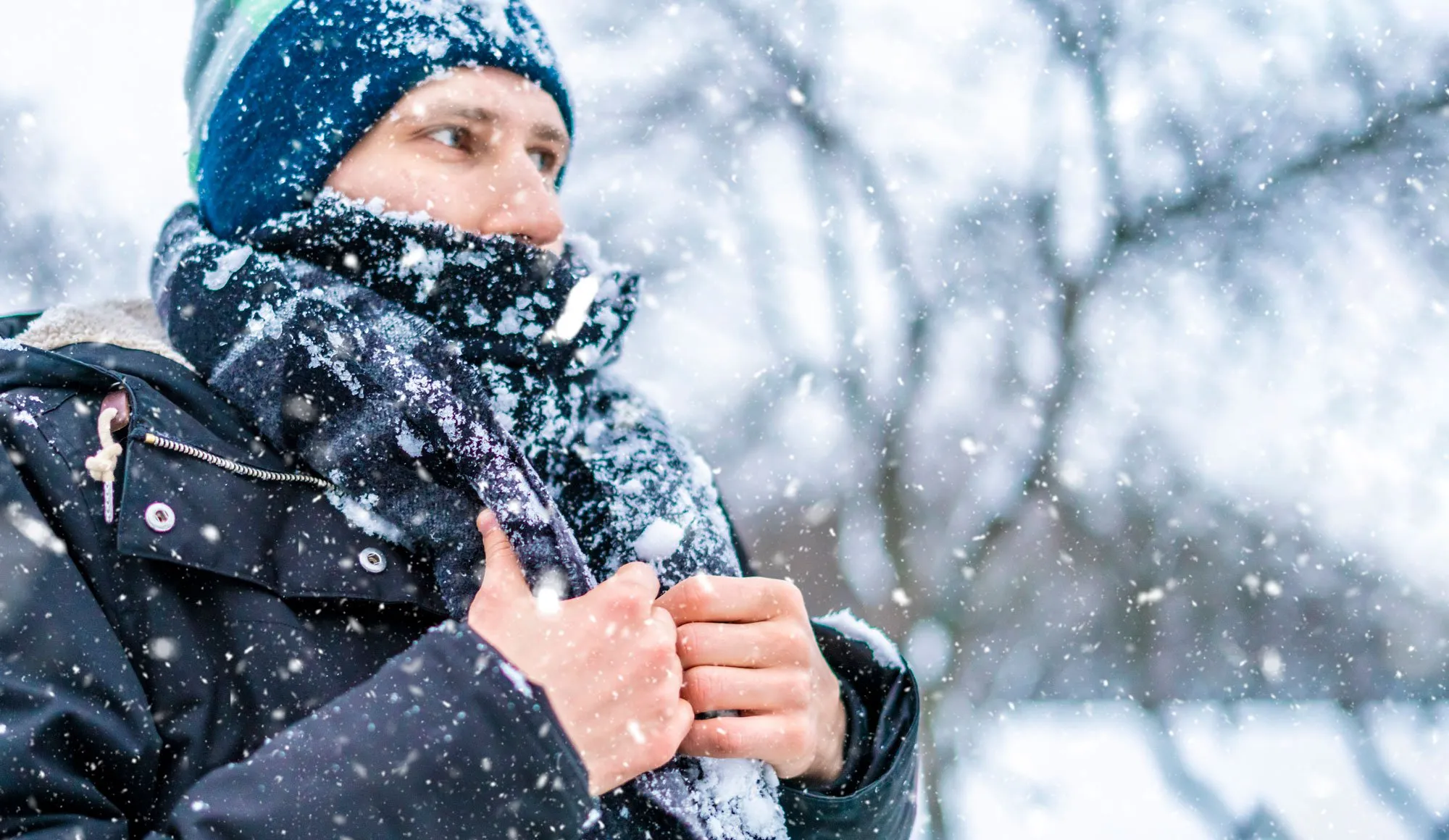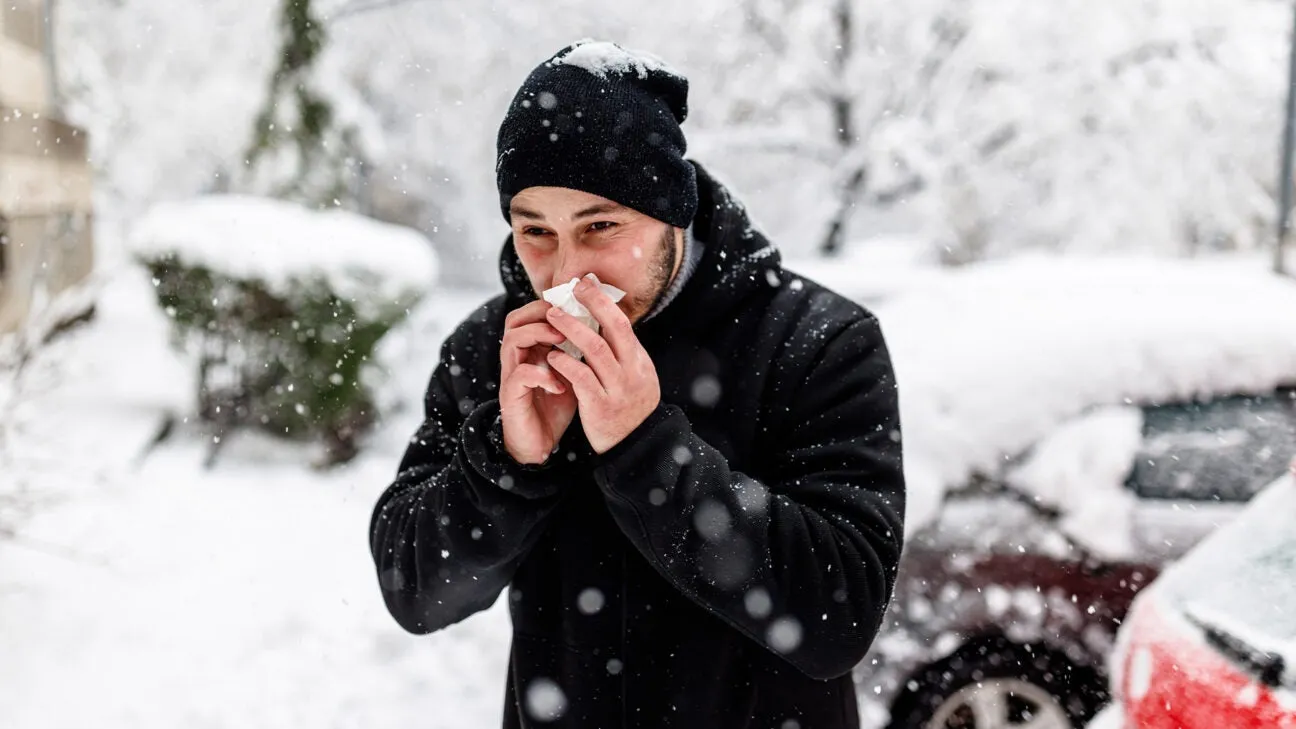
As severe winter weather blankets parts of the United States, the drop in temperature brings more than just the inconvenience of snow-covered roads and icy sidewalks. Health experts, like Dr. Steve Dorsey from the Cleveland Clinic, have noticed a spike in weather-related incidents. “In the last couple of days, we’ve seen a lot of falls due to icy conditions,” Dr. Dorsey reports. The cold season not only escalates the risk of accidents but also poses significant health threats, including an increased likelihood of experiencing chest pain or angina from the exertion of shoveling snow.
The chilling effect of winter extends beyond physical injuries. Cold environments can weaken our immune defenses, heightening the risk of catching colds, flu, COVID, and other respiratory illnesses. Dr. Chidinma Nwakanma of Penn Medicine elaborates on the dangers of cold air, particularly when it’s dry. “Cold, dry air can cause airway constriction and irritation,” she explains. To combat this, Dr. Nwakanma advises, “If you’re outside for extended periods, cover your nose and mouth to warm the air you breathe.”

Who Is Most Vulnerable to Winter Health Complications?
Certain populations are particularly susceptible to the harsh effects of cold weather. “Everyone is at risk in extreme temperatures because the body struggles to maintain its core temperature,” Dr. Nwakanma notes. Children and the elderly face even greater dangers. Kids lose heat more rapidly than adults due to their smaller size and lower body mass, while seniors might have a diminished ability to regulate body temperature, a situation often exacerbated by medications that interfere with blood flow and temperature control.
Frostbite and Hypothermia: Know the Signs and How to Respond
Understanding and recognizing the symptoms of frostbite and hypothermia are critical during the winter months. Hypothermia occurs when body temperature falls below 95 degrees Fahrenheit, impairing normal brain, heart, and lung functions. Frostbite, on the other hand, happens when skin or other tissues freeze, which can occur within minutes in freezing conditions. Dr. Dorsey categorizes frostbite symptoms into three stages: frostnip, surface frostbite, and deep frostbite, each progressively more severe and requiring increasing levels of care.

“If you notice symptoms like numbness or skin color changes, get out of the cold immediately and warm up affected areas with warm water, not hot,” advises Dr. Dorsey. These symptoms could indicate serious tissue damage needing prompt medical attention.
Preventive Measures: Dressing for the Weather
The best strategy to fend off the winter’s chill and associated health risks is proper attire. “Cover your ears, hands, and keep your feet warm,” Dr. Nwakanma recommends. Ensuring that all parts of the body are well-protected from the cold can significantly reduce the risk of frostbite and hypothermia.

Winter demands respect for its potential impacts on health and safety. By understanding the risks associated with cold weather, such as increased illness susceptibility and the dangers of frostbite and hypothermia, and taking proactive steps like dressing appropriately and covering exposed skin, individuals can enjoy the season more safely and healthily. Keep these tips in mind to protect yourself and your loved ones as you navigate the challenges of winter weather.
